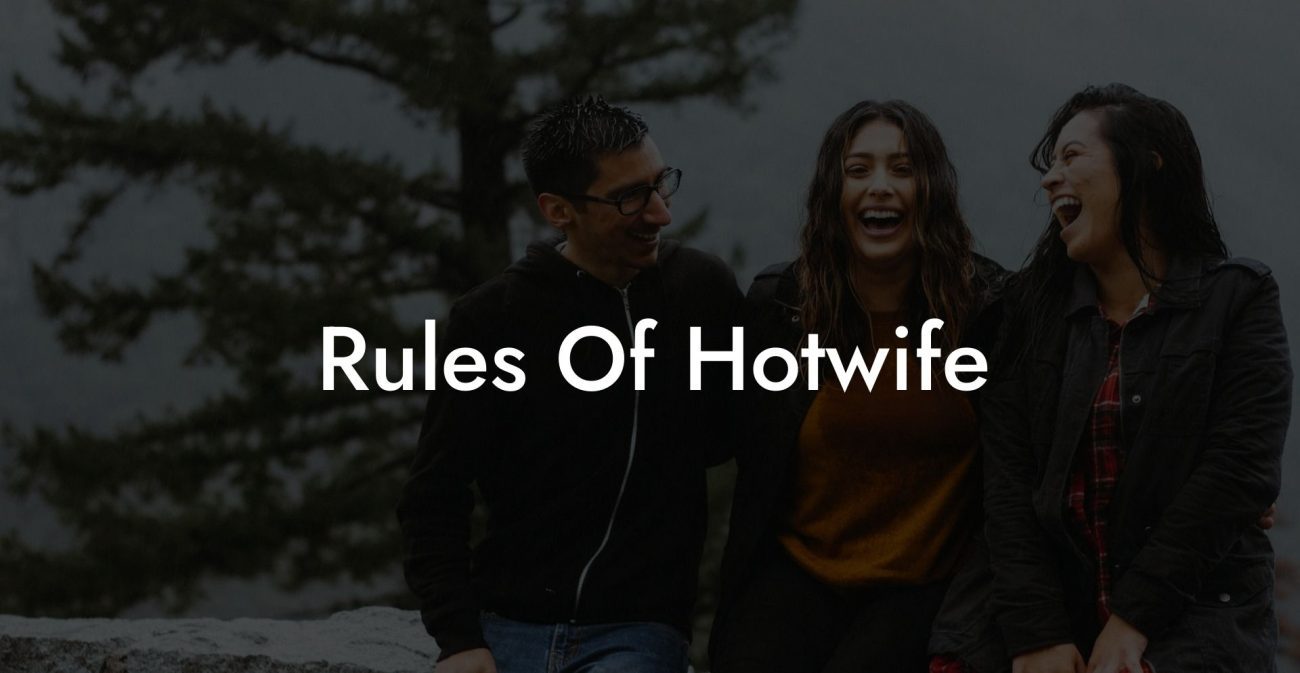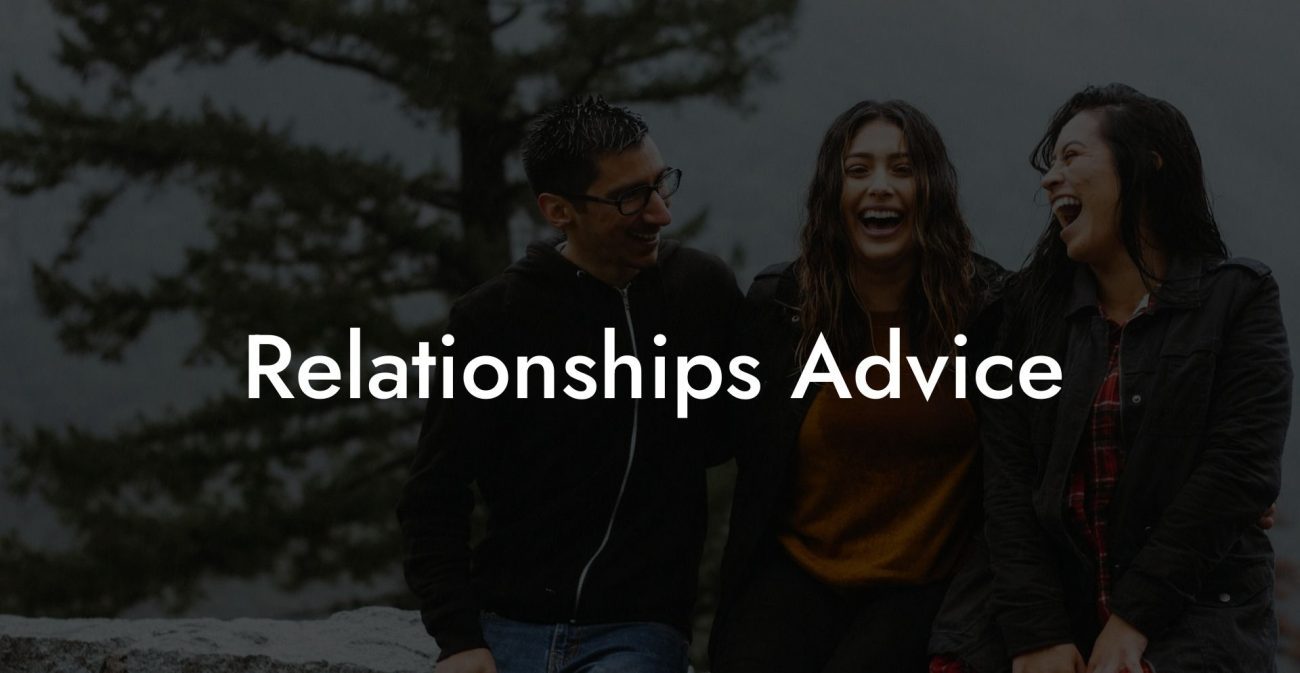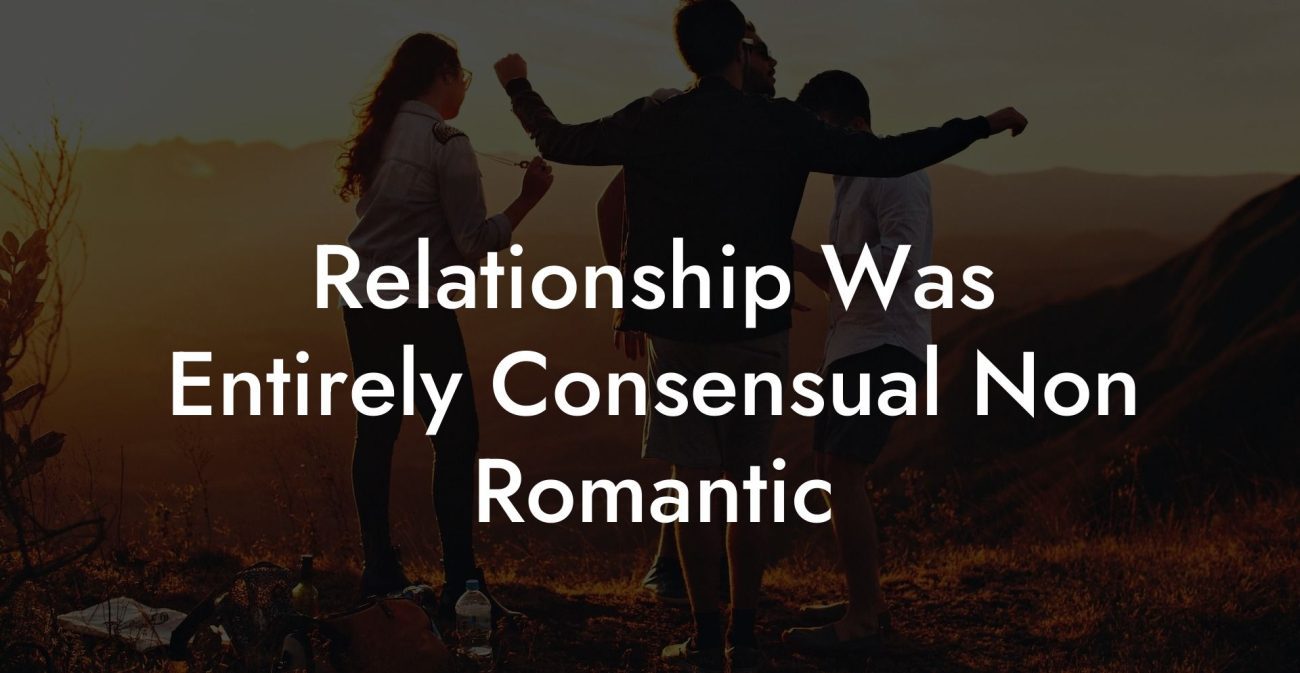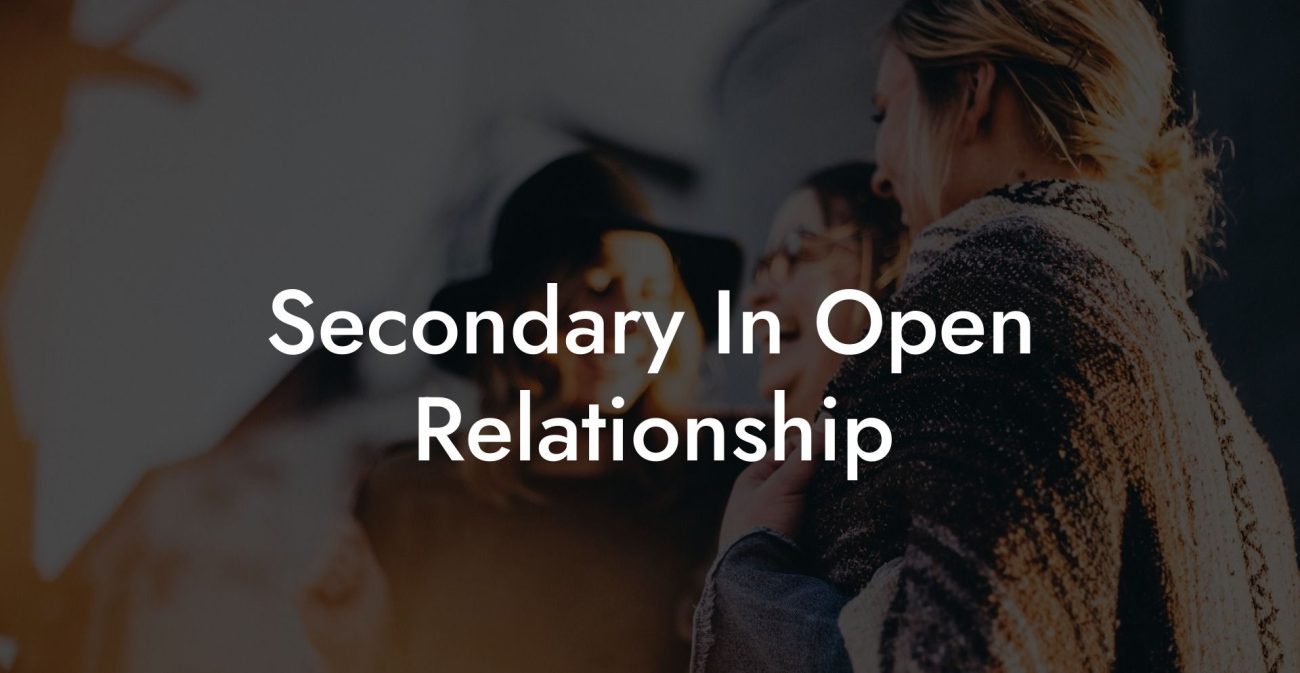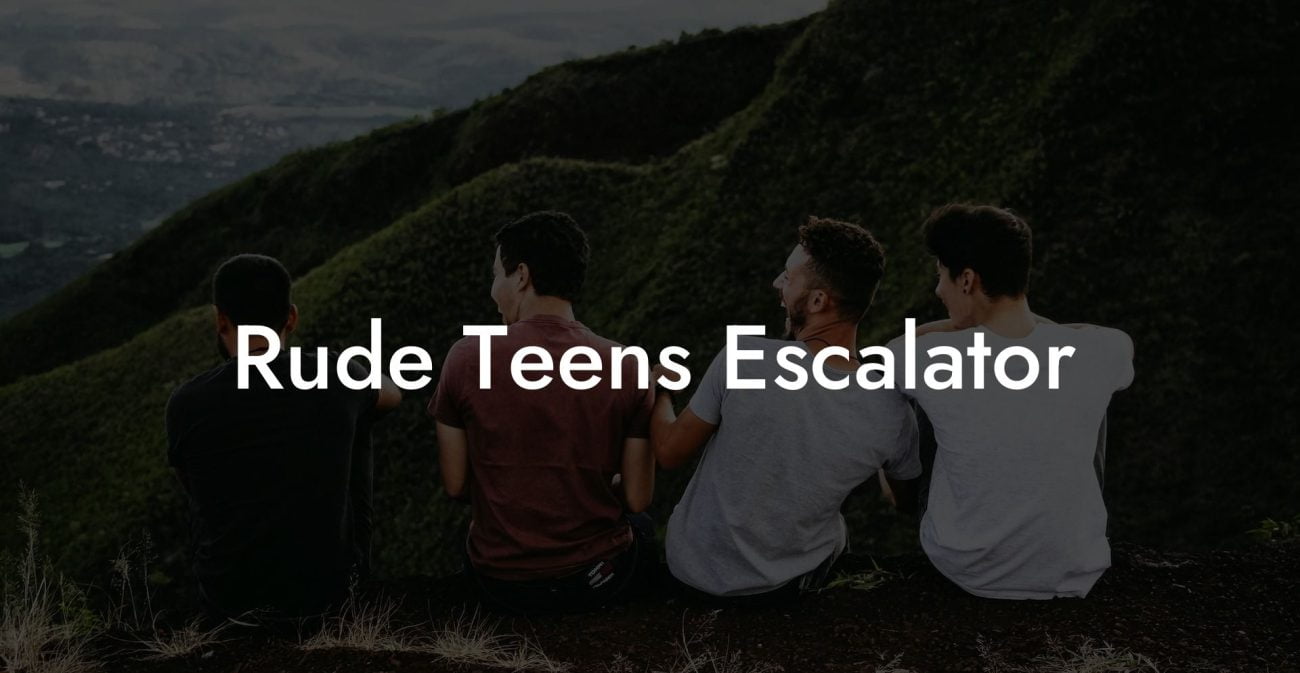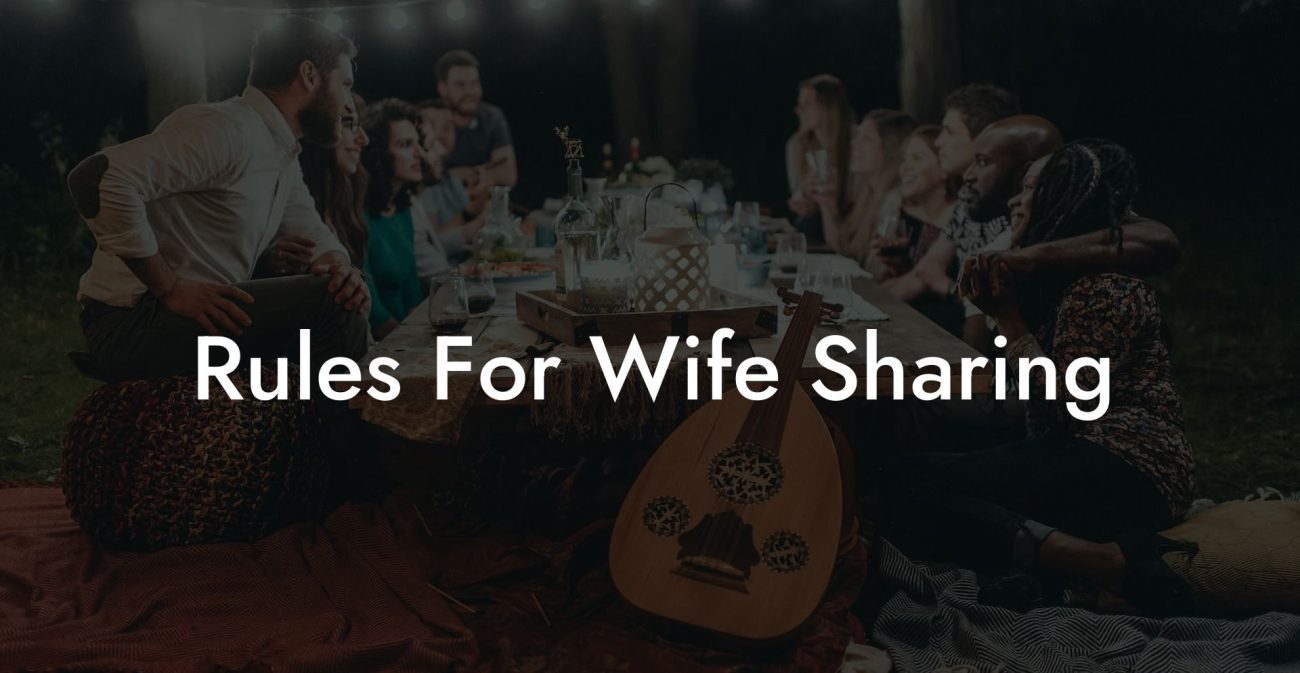Discover the world of ethical polyamory—an alternative relationship style you may have been curious about. In this article, we’ll dive into the core principles of ethical polyamory, revealing how to navigate the realm of multiple romantic connections while maintaining respect and trust with your partners.
Ethical Polyamory Table of Contents
What is Ethical Polyamory?
Ethical polyamory is a type of non-monogamous relationship where individuals openly and honestly maintain multiple romantic and/or sexual relationships. The key to its success lies in practicing ethical behavior: open communication, honesty, and consent from all parties involved.
Core Principles of Ethical Polyamory
- Open Communication: All parties should have an open line of communication to discuss their feelings, boundaries, and expectations. This includes keeping each other informed about new relationships or potential changes in existing ones.
- Honesty: Be truthful about your emotions, desires, and intentions. Transparency helps build trust among partners and allows for smoother relationship dynamics.
- Consent: All parties involved must give their consent to the formation and continuation of these relationships. This includes ensuring that your partners are on board with the concept of polyamory and how it will affect their emotional and physical well-being.
- Respect: Navigating multiple relationships requires a high level of respect and consideration for all partners, including their feelings, boundaries, and needs.
- Emotional Responsibility: Take responsibility for your emotions and actions by addressing conflicts and jealousy. Learn to manage emotions and self-reflect to foster personal growth.
Types of Ethical Polyamorous Relationships
Polyamory can look different for everyone, but some common structures include:
- Triad: A triad (or “throuple”) is a relationship between three people who are emotionally and/or sexually involved with each other.
- Quad: A quad consists of four individuals in a romantic and/or sexual relationship. It can be formed by two couples joining together or three individuals connecting with a fourth person.
- Vee: In a Vee structure, one person has a romantic and/or sexual relationship with two other people who do not have a connection with each other.
- Polycule: A polycule is a network of interconnected polyamorous relationships. This can range from a three-person setup wherein one partner is connected to two others, who in turn are connected to others, forming a “chain” or “web” of relationships.
Challenges in Ethical Polyamory
Just like monogamous relationships, polyamorous connections can face challenges. Here are some common issues:
- Jealousy: Feeling envious or insecure is natural in any relationship, but managing those emotions is crucial in successful polyamory.
- Time Management: Finding balance in sharing time and attention between multiple partners can be difficult, requiring creativity and flexibility.
- Legal Rights: Polyamorous relationships do not have the same legal recognition and protections as monogamous marriages, leading to challenges in medical decision-making or asset distribution.
Ethical Polyamory Example:
Jane and John are a married couple who have been practicing ethical polyamory for years. Both have other partners outside of their marriage, but they prioritize open communication and keep each other informed of any potential new partners. They also ensure that their other relationships are based on love and mutual respect. When jealousy arises, they discuss their feelings openly and take responsibility for resolving emotions through self-reflection. Their dedication to honesty and consent maintains trust and a strong bond amongst their partners.
Now that you've delved into the world of ethical polyamory, it's important to remember that open communication, honesty, and consent are key to creating successful multiple connections. If you’re eager to learn more about polyamory and other relationship forms, explore the other guides on The Monogamy Experiment. Share this article with someone who might benefit from learning more about ethical polyamory.




